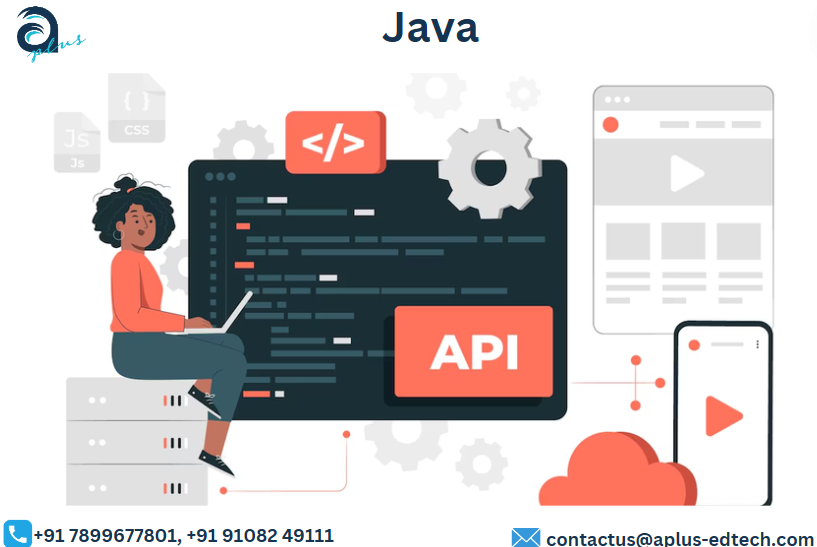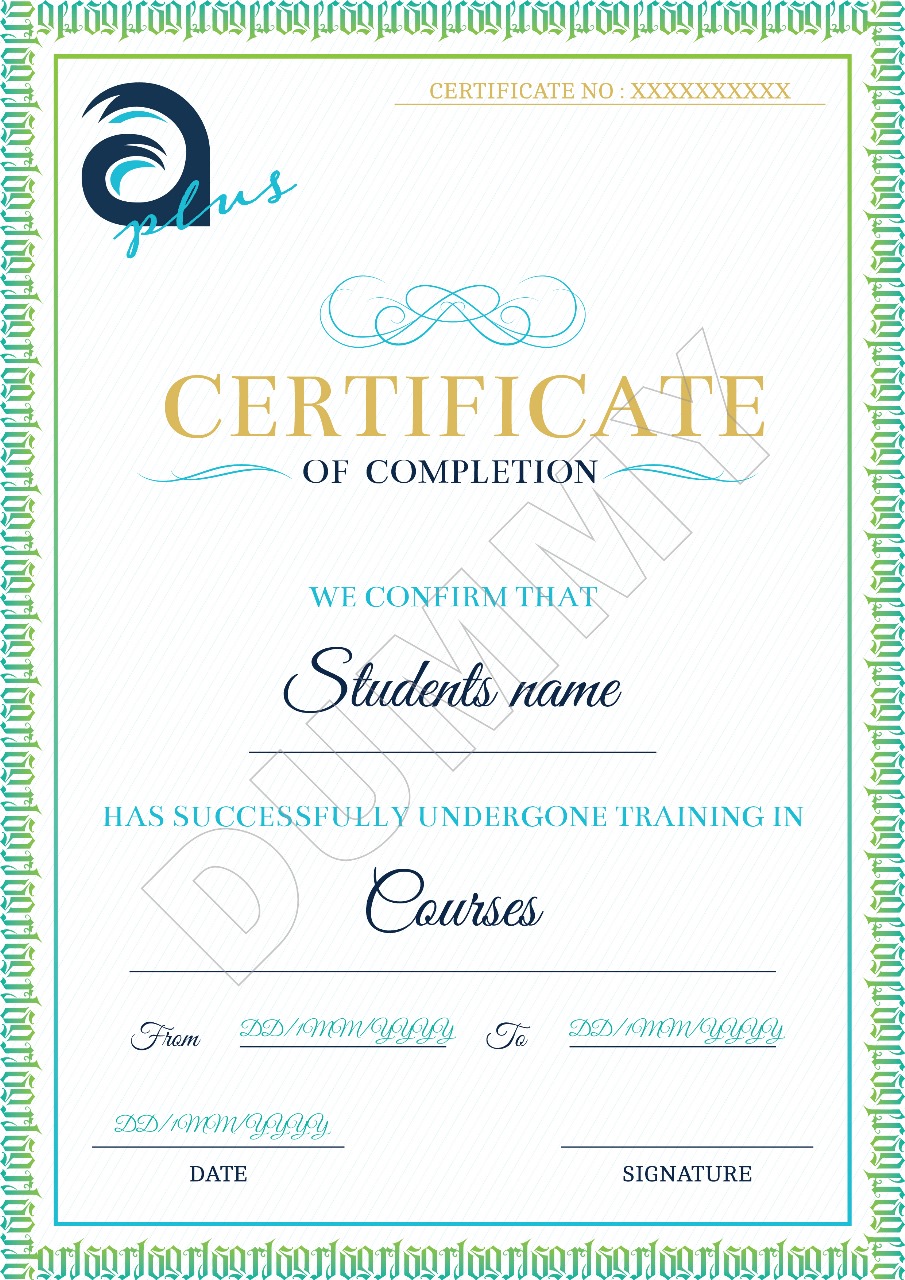Java Training and Course
The Java course provides a comprehensive introduction to one of the most widely used programming languages in the world. Starting with the basics, students will learn core Java concepts such as syntax, data types, and control structures, building a strong foundation in object-oriented programming (OOP). The course then delves into more advanced topics like exception handling, file I/O, and multithreading, equipping students with the skills necessary to develop efficient and scalable applications.
As trainee progress, they will explore Java's powerful libraries and frameworks, including JDBC for database connectivity, and the Java Collections Framework for data management. The course also covers the essentials of GUI development using JavaFX and introduces the fundamentals of web development with Java Servlets and JSP. By the end of the course, students will be well-prepared to apply their Java skills in real-world projects and pursue opportunities in software development.
Enroll now to advance your career as a certified C Developer.

This Java course is ideal for aspiring software developers, computer science students, and professionals looking to enhance their programming skills. Whether you're new to programming or seeking to deepen your knowledge of object-oriented concepts, this course offers the tools and expertise to succeed. It's also highly beneficial for those aiming to build a career in backend development, mobile app development, or enterprise software, where Java remains a critical and in-demand skill.
Enrolling in this Java course offers numerous benefits that can significantly enhance your programming career. First, you will gain a deep understanding of core Java concepts, including object-oriented programming, data structures, and algorithms. This foundational knowledge is essential for building robust, maintainable, and efficient software applications. Additionally, mastering Java will open doors to various development opportunities, as it remains one of the most widely used programming languages across multiple industries, from web development to enterprise solutions.
The course also provides practical, hands-on experience through real-world projects and coding exercises. By working on these projects, you will not only solidify your understanding of theoretical concepts but also develop the ability to apply them in real scenarios. This hands-on approach ensures that you are well-prepared to tackle complex programming challenges and build scalable applications that meet industry standards. Furthermore, the course emphasizes best practices in coding, such as code reusability, modularity, and performance optimization, which are crucial skills for any successful developer.
Finally, completing this Java course can significantly enhance your career prospects. Java is a highly sought-after skill in the tech industry, and proficiency in this language can lead to roles in various fields, such as software development, mobile app development, and backend engineering. Whether you are looking to advance in your current role or explore new opportunities, this course equips you with the knowledge and skills needed to excel in the competitive job market. Additionally, the course prepares you for relevant certification exams, further validating your expertise and increasing your employability.
The Java course structure is designed to provide a comprehensive learning experience, starting with the fundamentals and gradually advancing to more complex topics. The course begins with an introduction to Java programming, covering basic syntax, variables, data types, and control structures. This foundational knowledge is crucial for understanding how Java works and sets the stage for more advanced concepts.
As the course progresses, you will delve into object-oriented programming (OOP) principles, which are at the core of Java. You'll learn about classes, objects, inheritance, polymorphism, and encapsulation. These concepts are essential for writing modular, maintainable, and reusable code. The course includes hands-on projects that allow you to apply these OOP principles in real-world scenarios, reinforcing your understanding and helping you develop practical skills.
In the later stages of the course, you will explore advanced topics such as Java collections, multithreading, exception handling, and input/output (I/O) operations. These topics are crucial for developing high-performance, scalable applications. Additionally, the course covers Java frameworks like Spring and Hibernate, which are widely used in the industry for building enterprise-level applications. By the end of the course, you will have the skills and knowledge required to tackle complex Java projects and pursue a career in software development.

